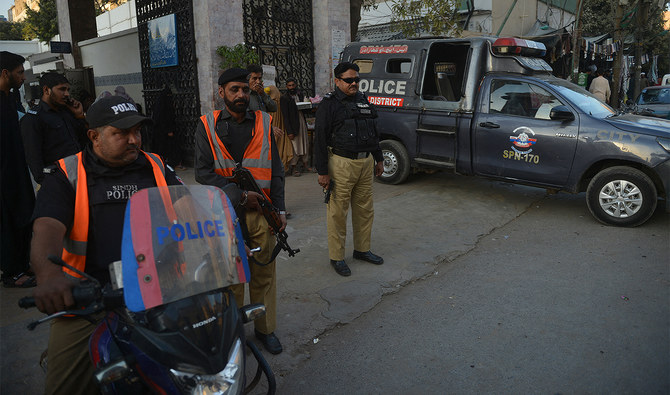Honour killing has become a grave social issue in Pakistani society with recurrent incidents of murders/extra-judicial killings under the vague system of traditional tribal Jirga or Panchyat to give apparent validity to that heinous crime. Recently, the KP Police has arrested four people, including a man who killed his teenage daughter, on instructions from family elders because she had appeared in a picture on social media. According to the Police, an 18-year-old woman was shot dead by her father last week in the Kolai-Palas district, while her boyfriend who appeared with her in the picture was rescued by the police team.
Honour killings, where individuals, predominantly women, are murdered for allegedly bringing dishonour to their families, is a global phenomenon that remains a significant social and human rights issue in Pakistan. This practice is often rooted in cultural, social, and patriarchal norms rather than religious teachings. Despite legal reforms and increased awareness, honour killings continue to occur due to deeply entrenched beliefs, orthodox behaviours, and social attitudes. The government of Pakistan in collaboration with human rights activists, NGOs, and civil society has been endeavouring hard to address this grave challenge and eradicate this tragic phenomenon, but progress remains slow rather those efforts met failure largely due to weak implementation of the law, faulty investigation, and prosecution. Historically, Islamic teachings strongly condemned the killing of any living organism including human beings, and animals, in the strongest possible terms as the Arabs in the pre-Islam era had been killing their daughters in defence of their self-respect and fulfilment of dark era tradition, which unfortunately exists in the modern society in one or the other way. Islam termed the killing of a person as the murder of entire humanity and set stern punishment for this heinous crime. However, the curse of honor killings or Karo Kari still continuing in our society and hundreds of women become victims of honor killings in rural areas every year. Public images of women are considered taboo in tribal and conservative communities. According to the Human Rights Commission of Pakistan, over 470 cases of honour killings were reported in 2021, while 384 cases were registered in the previous year.
The rights groups and civil society have expressed concerns over the country’s failure to stamp out such crimes and called for strict punishment for the alleged killers. Despite tighter laws and societal outrage in Pakistan, honour killings continue, with scores of such incidents reported by the Human Rights Commission of Pakistan every year. The government of Pakistan has formulated multiple pieces of legislation to protect women and girls from social injustices and threats to their lives and survival in society including the Zainab Alert Response and Recovery Act, 2020, Enforcement of Women’s Property Rights Act 2020, the Anti Rape (Investigation and Trial) Act 2021, and the Protection against Harassment of Women at Workplace (Amendment) Act, 2022 are the sovereign legislations enacted by the Government to protect and empower women. Meanwhile, the specific legislation against honour killing or Karo Kari incidents had also been framed such as the Criminal (Amendment) Acts of 2004 and 2016 but all those endeavours failed to achieve their goals over the past decades because of loopholes in the legislation and implementation along with the troublesome conduct of the family members of the victims who always tried to elude the justice. There is a dire need for a public-private partnership in the cases of honour killings, wherein civil society/ NGOs/ human rights organizations pursue the case of the plaintiff/victim instead of her/his family to logically conclude the cases and inflict stern punishments to the murderers. Otherwise, this curse is less likely to be eradicated from our society at any time in the future.







